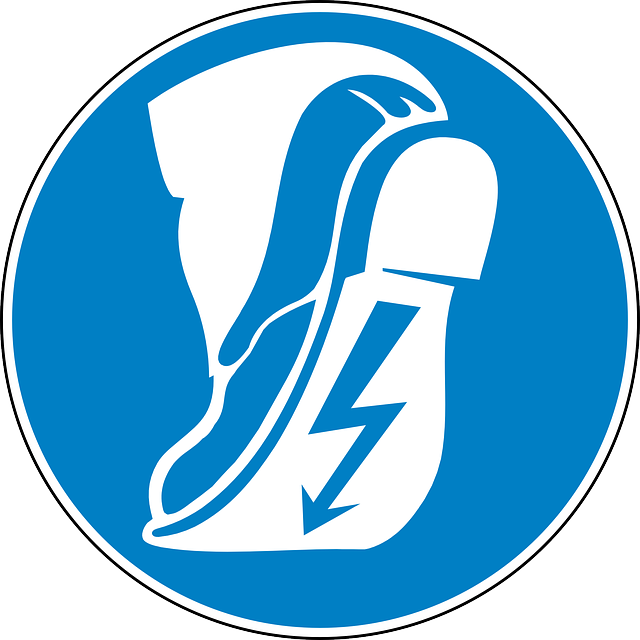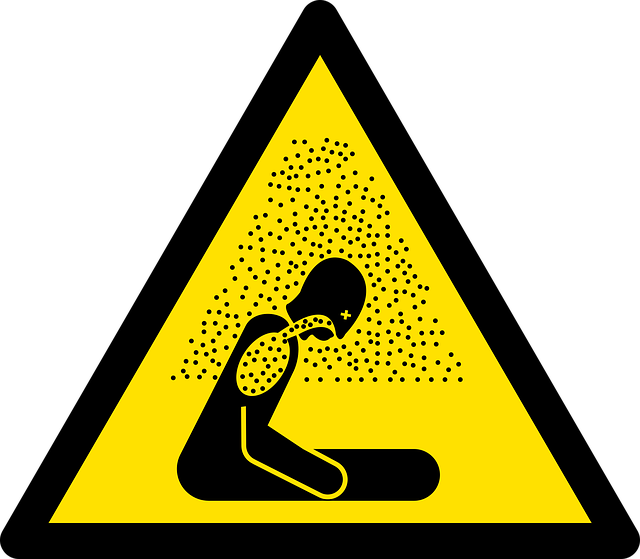Substance abuse among hospitality workers poses significant risks requiring strict hospitality industry compliance measures. Long work hours and diverse backgrounds contribute to vulnerabilities. Effective screening programs, including pre-employment assessments, random drug testing, and employee rehabilitation support, are vital for identifying issues early and promoting a safe, healthy workforce while maintaining industry standards and legal obligations.
In the hospitality industry, where high-pressure environments and long hours are the norm, substance abuse can pose significant risks. Screening potential and current workers for substance abuse issues is not only a legal obligation but also crucial for workplace safety and compliance. This article explores strategies to implement effective screening programs, from pre-employment assessments to post-hire monitoring, while supporting employee rehabilitation. By adhering to these practices, hospitality businesses can foster a safe, compliant, and supportive work environment.
- Understanding Substance Abuse in Hospitality Industry
- Legal Obligations for Workplace Screening Programs
- Implementing Effective Pre-Employment Assessments
- Post-Hire Monitoring and Random Drug Testing
- Supporting Employee Rehabilitation & Return to Work
Understanding Substance Abuse in Hospitality Industry

Substance abuse among hospitality workers is a growing concern in the industry, highlighting the need for robust compliance measures. The hospitality sector, known for its dynamic and often demanding nature, attracts individuals from diverse backgrounds, some of whom may be vulnerable to substance misuse. This issue can stem from various factors, including stress, long working hours, shift patterns, and social pressures unique to the industry.
Given the public-facing nature of hospitality work, it is crucial to address substance abuse proactively to ensure guest safety and maintain industry standards. Effective screening and compliance strategies are essential tools for identifying potential issues early on and fostering a culture of responsibility and wellness within the workforce.
Legal Obligations for Workplace Screening Programs

In the hospitality industry, implementing comprehensive workplace screening programs is not just a best practice but a legal obligation. Employers must adhere to various federal and state laws designed to ensure a safe and healthy work environment for all employees, especially when it comes to substance abuse issues. These regulations require employers to take proactive measures in identifying and addressing potential risks associated with drug and alcohol misuse among their workforce.
Compliance with these standards is crucial for hospitality businesses to maintain a positive reputation and avoid legal repercussions. By incorporating thorough screening processes during hiring or as part of regular employee assessments, organizations can proactively manage substance abuse concerns. This includes utilizing valid, scientific assessment tools and following ethical guidelines to ensure the privacy and dignity of all workers involved.
Implementing Effective Pre-Employment Assessments

Implementing effective pre-employment assessments is a critical step in ensuring hospitality industry compliance and fostering a safe work environment. These assessments go beyond basic background checks, delving into an applicant’s history to identify potential red flags related to substance abuse. By utilizing advanced screening methods, employers can proactively manage risks associated with drug and alcohol misuse among their workforce.
Such assessments may include psychometric tests designed to uncover underlying behavioral patterns or cognitive functions that could indicate past or present substance abuse issues. Additionally, medical examinations and urinalysis are valuable tools for gathering objective data on an applicant’s health and substance use history. These comprehensive approaches help in making informed hiring decisions, ensuring that only candidates who meet the required standards of fitness and compliance are welcomed into the hospitality industry.
Post-Hire Monitoring and Random Drug Testing

After a worker is hired, implementing a robust post-hire monitoring system is essential for the hospitality industry’s compliance with substance abuse policies. This includes setting up regular check-ins and reviews to assess any potential issues or changes in an employee’s behavior that might indicate drug misuse. Managers and HR representatives should be trained to recognize signs of concern and have clear protocols for reporting and addressing these matters discreetly and confidentially.
Random drug testing is another powerful tool in the arsenal against substance abuse in the hospitality industry. By conducting unannounced tests at random intervals, employers can deter potential abusers and ensure a safe, drug-free workplace. This strategy not only promotes compliance with legal requirements but also fosters a culture of accountability and personal responsibility among hospitality workers.
Supporting Employee Rehabilitation & Return to Work

Supporting employee rehabilitation and return to work is a vital aspect of addressing substance abuse issues within the hospitality industry. Upon identification, it’s crucial to connect workers with specialized treatment programs that cater to their unique needs. Many employers offer assistance through partnerships with rehabilitation centers or by providing access to insurance coverage for counseling and therapy.
A comprehensive approach includes post-treatment support and a structured reintegration process. This can involve regular check-ins, mentorship programs, and adjustments to work schedules to facilitate recovery. By fostering an environment that encourages open dialogue and offers tangible assistance, hospitality businesses contribute to the long-term success of affected employees while ensuring compliance with industry standards related to employee health and well-being.






